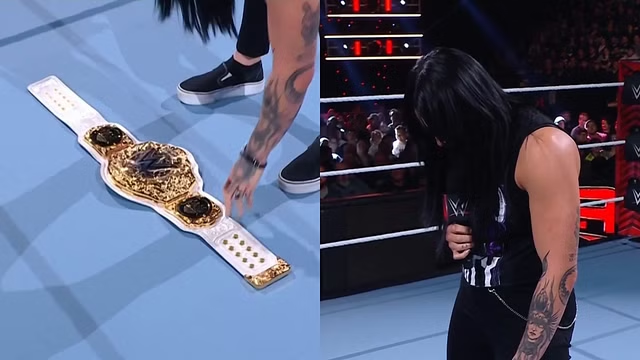During a recent episode of his “Strictly Business” podcast, WWE Hall of Famer Eric Bischoff shared his thoughts on the recent WWE employee meeting led by Nick Khan, Vince McMahon, Ari Emanuel, and other executives. Here are some highlights from the discussion:
Vince McMahon’s Comment on WWE’s Stagnation: Eric Bischoff pointed out that Vince McMahon’s comment about WWE being stagnant should be seen in the context of running a publicly held, multi-billion dollar international company. He mentioned that long-term planning is essential in such businesses and cited the Japanese practice of having 50-year and 100-year business plans. In contrast, the United States often relies on three-year business plans, which can quickly become outdated. Bischoff emphasized the importance of preparing for potential downturns even during periods of growth.
Possibility of WWE Returning to PPV After UFC Merger: When asked about WWE’s potential return to traditional pay-per-view (PPV) events following the UFC merger, Bischoff expressed uncertainty. He stressed the need to consider the future of streaming and the value of integrating premium live events into a growing platform. He emphasized that the focus should be on where the value will be in five years, rather than immediate revenue. Bischoff suggested that Vince McMahon’s decision to explore a merger was driven by the need for greater resources, opportunities, and long-term growth.
Vince McMahon’s Ability to Anticipate the Future: Eric Bischoff likened the process of predicting the future in the business world to looking through a crystal ball. He acknowledged that some individuals, like Warren Buffett, excel at making such predictions. These leaders base their decisions on future prospects rather than past successes, focusing on what will work five years down the road.
In summary, Eric Bischoff emphasized the complexity of decision-making in a rapidly changing industry and highlighted the importance of long-term planning and adaptation. He suggested that WWE’s merger with UFC was a strategic move aimed at securing a more robust future, with the potential return to PPV events being part of the broader consideration of evolving media and streaming trends.






